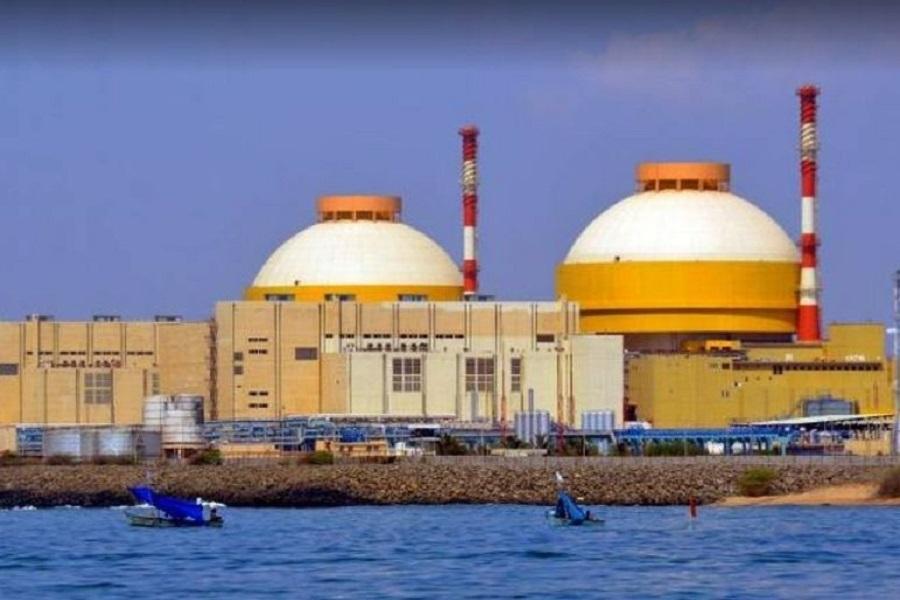
Centre Reviews 100 GW Nuclear Mission to Boost Clean Energy Goals
The Indian government has taken a significant step towards achieving its ambitious clean energy goals by reviewing the 100 GW Nuclear Energy Mission. The mission was convened by Union Power Minister Manohar Lal Khattar and Minister of State for Atomic Energy, Dr Jitendra Singh, on Friday. This development comes in line with Prime Minister Narendra Modi’s vision of expanding India’s clean energy basket and reaffirms the country’s commitment to achieving Net Zero emissions.
The 100 GW Nuclear Energy Mission was launched in 2015 with the objective of increasing India’s nuclear power generation capacity to 100 GW by 2031. The mission aims to reduce the country’s dependence on fossil fuels, mitigate climate change, and meet the growing demand for electricity. To achieve this goal, the government has set a target of adding 13,000 MW of nuclear power capacity by 2031.
The high-level meeting, which was attended by senior officials from the power and atomic energy ministries, discussed key directives to accelerate the progress of the 100 GW Nuclear Energy Mission. The meeting focused on the challenges and opportunities in the nuclear energy sector, and explored ways to overcome the hurdles that are hindering the implementation of the mission.
Some of the key takeaways from the meeting include:
- Enhancing Nuclear Power Generation Capacity: The government has set a target of increasing nuclear power generation capacity to 22,480 MW by 2031. To achieve this, the government plans to add 13,000 MW of new nuclear power capacity, which includes 12,000 MW of indigenous capacity and 1,000 MW of imported capacity.
- Development of New Nuclear Power Projects: The government has announced plans to develop new nuclear power projects to meet the growing demand for electricity. These projects will be developed in partnership with private sector companies and will be financed through a combination of government funding and private investment.
- Improving Nuclear Safety and Security: The government has emphasized the importance of ensuring nuclear safety and security, and has announced plans to invest in the development of new safety and security measures. These measures will include the installation of new safety systems, the development of new safety procedures, and the training of nuclear power plant operators.
- Development of Nuclear Fuel Cycle: The government has announced plans to develop the nuclear fuel cycle, which includes the extraction of uranium from coal ash, the reprocessing of spent nuclear fuel, and the development of new nuclear fuel technologies. This will help to reduce the country’s dependence on imported nuclear fuel and minimize nuclear waste.
- International Cooperation: The government has emphasized the importance of international cooperation in the development of nuclear energy, and has announced plans to collaborate with other countries to develop new nuclear power projects. This will help to share the risks and costs of nuclear energy development, and to leverage the expertise and resources of other countries.
The 100 GW Nuclear Energy Mission is a significant step towards achieving India’s clean energy goals, and will play a crucial role in reducing the country’s dependence on fossil fuels and mitigating climate change. The mission will also create new employment opportunities, stimulate economic growth, and improve energy security.
Conclusion
The review of the 100 GW Nuclear Energy Mission is a critical step towards achieving India’s clean energy goals. The mission has the potential to transform the country’s energy landscape, reduce its dependence on fossil fuels, and mitigate climate change. The government’s commitment to achieving Net Zero emissions by 2070, and its vision of becoming a global leader in clean energy, make the 100 GW Nuclear Energy Mission an important part of India’s energy strategy.






